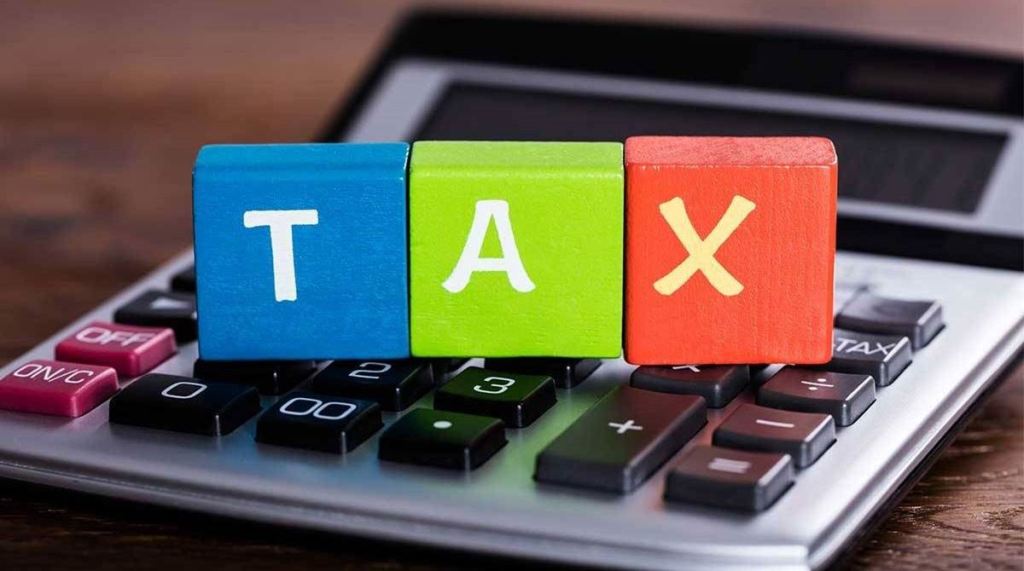Paying taxes is an inevitable part of financial responsibilities. However, proactive tax planning serves as a key mechanism for minimizing the tax burden. While the notion of significant tax payments may seem daunting, the Income Tax Act provides various avenues for claiming deductions and exemptions, offering opportunities to reduce tax liabilities.
As the financial year 2023-24 is drawing to a close, now is the opportune moment to review one’s tax projection and plan for suitable investments. This is the time of the year when employees scramble to submit final tax proofs to their employers for computing tax liability on their salary income.
Here are some key considerations for tax savings in the current financial year:
Investment in government tax saving Instruments:
Numerous government-mandated schemes offer high returns on total investment coupled with tax exemptions. These schemes include Public Provident Fund (PPF), Equity Linked Saving Schemes (ELSS), National Pension System (NPS), Sukanya Samriddhi Yojana (SSY), National Savings Certificate (NSC) etc. Individuals can leverage these options to claim the deduction under Section 80C up to Rs 1.5 lakh from the total taxable income.
Also Read: Fixed Deposit: How to make the most of rising FD rates
Maximizing tax deductions beyond 80C:
Although deduction of Rs 1.5 lakh is available under Section 80C for investment towards life insurance premium, Employee Provident Fund, Home Loan Principal Repayment, tuition fees paid for the education of two children and other avenues as mentioned above, one should consider tax savings beyond Section 80C.
Contribution to NPS can provide with an additional deduction up to Rs 50,000 under section 80CCD(1B). Contribution to NPS by the employer also offers deduction under Section 80CCD (2), up to 10% of basic salary.
For health insurance premiums covering self, spouse, and dependent children, individuals can claim a maximum deduction of Rs 25,000. For parents, an additional deduction of Rs 25,000 can be claimed for health insurance premium. The limit of Rs 25,000 is increased to Rs 50,000 if any of the insured is a senior citizen (person of 60 years and above). A deduction of up to Rs 5,000 per financial year is allowed for preventive health check-ups within overall limit of Rs 25,000 or Rs 50,000 as the case may be. Medical expenses incurred on maintaining the health of senior citizens without any medical insurance is also allowed as deduction as per the limit specified under section 80D.
Section 80E allows individuals to claim a deduction on the interest paid on education loans for self, spouse, or children. Unlike other tax-benefit investment avenues, there is no limit on the deduction under this section and can be claimed up to actual interest paid during the financial year.
In case of salaried individual, if the salary structure does not include the house rent allowance (HRA) component, individuals can still claim the deduction for the rent paid under section 80GG, subject to specific limits.
Section 80TTA allows individuals to claim deductions for interest earned on savings accounts, up to Rs. 10,000. For senior citizens, Section 80TTB permits a higher deduction of up to Rs. 50,000 for interest earned on both savings and fixed deposits.
Further section 80G allows to claim deduction for donations made to certain charitable institutions or fund. The deduction is limited to 100% or 50% of the donated amount, depending on the fund, with qualifying limit or without qualifying limit.
Co-owning a House property:
In the case of a self-occupied property, each co-owner responsible for paying the home loan EMI can individually claim a maximum deduction of Rs 2,00,000 towards the interest on the home loan. It is essential to note that the combined total of interest claimed by all owners/borrowers should not surpass the actual total interest paid for the loan. Additionally, the principal repayment is eligible for a deduction under Section 80C, allowing individuals to claim up to Rs 1.5 lakh.
An addition deduction can be claimed annually under Section 80EE and section 80EEA on the interest paid on a home loan up to Rs 50,000 and Rs 1,50,000 for affordable housing projects, provided specific conditions are met. Home loan has to be obtained between April 1, 2016 and March 31, 2017, to claim deduction u/s 80EE and April 1, 2019, and March 31, 2022, to claim deduction u/s 80EEA.
Salary related exemption or deductions:
Housing rent allowance (HRA): Salaried employees who receive house rent allowance as a part of salary and incur rent expenses can claim HRA exemption u/s 10(13A) of the Income Tax Act, 1961, subject to certain limits.
Leave travel concession (LTC): Salaried employees receiving leave travel concession as a part of salary can claim the exemption for the actual travel expenses incurred for self, spouse, dependent children, siblings and dependent parents. This concession can be availed twice in a block of four years, with the current block spanning from 2022 to 2025. It’s important to note that the claim for LTC should be processed through payroll deduction exclusively.
Proactive planning avoids surprises
Starting from FY 2023-24, the simplified tax regime is the default option, where most deductions and exemptions are forgone. However, one can choose the old tax regime if it proves more beneficial. It is essential to note that tax deductions/exemptions are applicable only to individuals opting for the regular tax regime, except for the employer’s contribution to NPS under Section 80CCD(2), which is available under both the regular and simplified tax regimes.
In summary, it is very crucial to plan your taxes in advance and recheck the position before the end of the year to avoid any surprises while filing the tax return. Implementation of strategic tax saving measures will not only help in reducing tax liabilities but also ensure a smooth and hassle-free income tax return filing process.
(By Vijay Bharech, Director with Deloitte Haskins & Sells LLP, with Priyanka Bhutada, Manager, and Aishwarya M R, Assistant Manager at Deloitte Haskins & Sells LLP. Views are personal)

